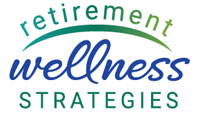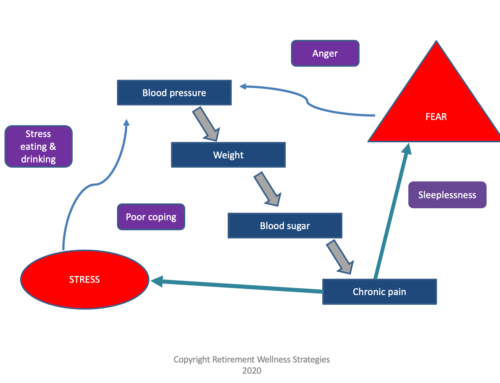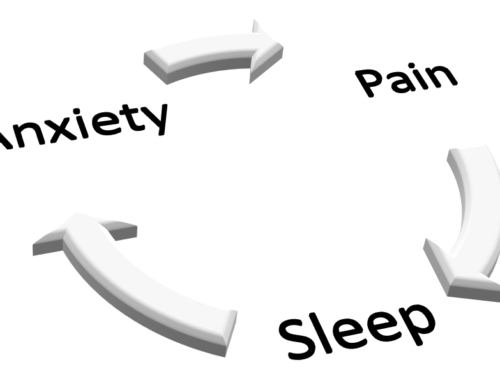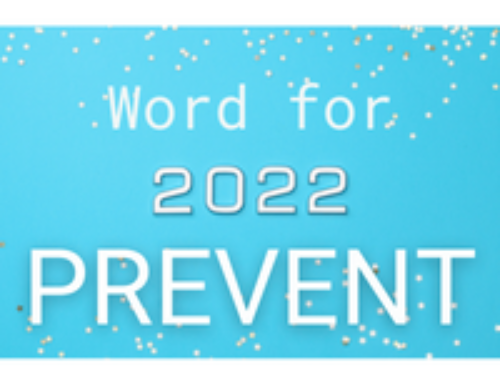 There are so many things that can bring on an asthma attack making it hard to breath. Some examples are:
There are so many things that can bring on an asthma attack making it hard to breath. Some examples are:
- Perfume
- Smoke
- Dust
- Weeds
- Pollen
- Foods
- Pets
- Exercise
- Cool, damp air
People with asthma can go from feeling fine to struggling for breath in just a few minutes.
The same thing can happen to some people with chronic obstructive pulmonary disease (emphysema or chronic bronchitis). Not all people with COPD have an asthma-like component, but some do.
There are medications that can help PREVENT these sudden attacks. There are also medications that can reopen the airways to TREAT these attacks.
The medications used most often are given by inhalers. This allows the medication to go to the lungs where it is needed without having such a big impact on the rest of the body. This cuts down on side effects.
If you are prescribed inhalers, it is important to take them regularly and as prescribed, especially the ones taken one to times per day. They are intended to PREVENT these attacks. They will not be helpful if only taken once in awhile during attacks. They need to be taken every single day.
The ones you take as needed should be taken with careful technique. They won’t work if they aren’t used properly. This is harder than it sounds. Be sure your doctor or your pharmacist has shown you step by step how to use your inhalers. Then, show them how you use them to be sure your technique is correct.
One more thing, be sure to always rinse out your mouth and spit out the water after using a steroid inhaler. These inhalers are very effective at preventing attacks, but they can also make it easy to get an infection in your mouth that is painful. Rinsing your mouth after EACH use cuts way down on the risk of this mouth infection.
Inhalers save lives. But they must be taken at the right times and with the right technique.
For more information, contact us at www.medsmash.com.
For further application, check out my personal blog.
Image credit: National Heart, Lung, and Blood Institute; National Institutes of Health; U.S. Department of Health and Human Services





